Save Big on Your Smile: All-on-4 Dental Implants in Vietnam
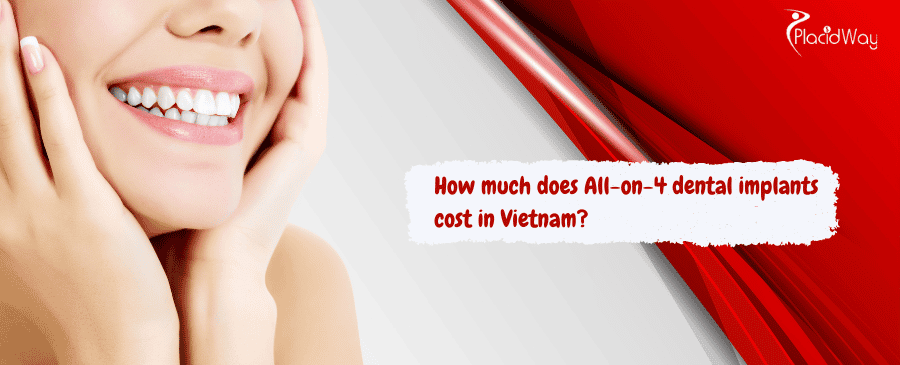
Dental implants have revolutionized the way missing teeth are replaced, providing a durable and natural-looking solution. Among the various implant options, All-on-4 dental implants stand out for their efficiency and effectiveness in restoring a full arch of teeth using just four strategically placed implants. Vietnam has emerged as a leading destination for dental tourism, attracting international patients seeking high-quality dental care at a fraction of the cost found in their home countries. This detailed guide will explore the cost of All-on-4 dental implants in Vietnam, break down the factors influencing the price, and answer common questions to help you make an informed decision about your dental health journey.
How much do All-on-4 dental implants cost in Vietnam?
"The average cost for All-on-4 dental implants in Vietnam typically ranges from $5,000 to $10,000 per jaw (arch), which is considerably lower than prices in Western countries like the USA, Australia, or the UK."
The price of All-on-4 dental implants in Vietnam can vary depending on several factors, including the specific clinic, the brand of implants used, the complexity of the case, and whether additional procedures are needed. Generally, you can expect to pay anywhere from $5,000 to $10,000 for a full arch. This price often includes the implants, abutments, and a temporary prosthesis, with the final permanent prosthesis being placed after a healing period. Patients can realize substantial savings, often up to 70-80%, when choosing Vietnam for their All-on-4 dental implant treatment compared to similar procedures in their home countries.
What factors influence the cost of All-on-4 dental implants in Vietnam?
"Several key factors influence the cost of All-on-4 dental implants in Vietnam, including the brand of implants, the clinic's reputation, the dentist's experience, the materials used for the prosthesis, and any necessary preparatory procedures."
The final price tag for your All-on-4 dental implants in Vietnam is not a fixed number; it's influenced by a combination of elements. Understanding these factors can help you anticipate the overall cost.
Brand of Dental Implants
"The brand of dental implants significantly impacts the cost, with premium brands like Nobel Biocare and Straumann generally being more expensive than other international or local brands."
Just like with any medical device, there are various brands of dental implants available, each with its own reputation, research backing, and pricing. Top-tier brands like Nobel Biocare and Straumann are globally recognized for their quality, long-term success rates, and innovative designs. These premium brands often come with a higher price point due to their extensive research and development, strict manufacturing standards, and clinical track record. However, many reputable clinics in Vietnam also offer high-quality implants from other well-regarded international brands (e.g., Dentium, Osstem, Hiossen) or even local brands that can provide excellent results at a more affordable cost.
Clinic Reputation and Location
"The reputation and location of the dental clinic in Vietnam can influence the All-on-4 dental implant cost, with highly accredited clinics in major cities sometimes charging more."
Clinics located in popular dental tourism hubs like Ho Chi Minh City or Hanoi, especially those with international accreditations and a strong track record of treating foreign patients, might have slightly higher prices. These clinics often invest in state-of-the-art technology, maintain stringent hygiene standards, and employ multilingual staff to cater to international clients. A clinic with a long history of successful All-on-4 dental implant procedures and excellent patient reviews will naturally command a higher price due to its proven expertise and trustworthiness.
Dentist's Experience and Expertise
"The experience and expertise of the implant dentist performing the All-on-4 procedure can affect the cost, as highly skilled and specialized dentists may charge more for their services."
A dentist who has extensive experience specifically with All-on-4 dental implants and has undergone specialized training will often charge more for their services. Their expertise contributes to the success rate and longevity of the implants. While it's tempting to opt for the cheapest option, investing in a highly experienced implantologist can lead to better outcomes and fewer complications in the long run. Many Vietnamese dentists have received international training and are highly proficient in complex implant procedures.
Materials Used for the Prosthesis
"The type of material used for the final All-on-4 prosthesis (e.g., acrylic, porcelain, zirconia) influences the total cost, with more durable and aesthetic materials being pricier."
After the All-on-4 implants are placed and have healed, a permanent set of teeth (prosthesis) is attached. The materials used for this prosthesis play a significant role in the overall cost.
- Acrylic with Titanium Frame: This is often the most cost-effective option. Acrylic teeth are lighter and can be easily repaired, but they may wear down over time.
- Porcelain Fused to Metal (PFM): PFM prostheses offer a good balance of aesthetics and durability, providing a more natural appearance than acrylic.
- Zirconia: Zirconia is a highly durable, biocompatible, and aesthetic material that mimics the look of natural teeth very closely. It is the most expensive option but offers superior strength and aesthetics, making it a popular choice for long-lasting results.
Need for Additional Procedures
"Any necessary preparatory procedures, such as tooth extractions or bone grafting, can add to the overall All-on-4 dental implant cost in Vietnam."
Before All-on-4 dental implant placement, some patients may require additional procedures to ensure the success of the implants. These can include:
- Tooth Extractions: If any remaining teeth need to be removed, this will be an extra cost.
- Bone Grafting: While All-on-4 is designed to minimize the need for bone grafting by utilizing existing bone, some patients with significant bone loss may still require a small amount of grafting to ensure sufficient bone density for implant stability.
- Sinus Lift: In cases where there isn't enough bone in the upper jaw due to enlarged sinus cavities, a sinus lift procedure may be necessary. These additional procedures will increase the total cost and extend the overall treatment timeline.
Is the quality of All-on-4 dental implants in Vietnam comparable to Western countries?
"Yes, many dental clinics in Vietnam offer All-on-4 dental implants of comparable quality to Western countries, utilizing advanced technology, international implant brands, and highly skilled dentists."
Vietnam has made significant advancements in its dental healthcare sector, with many clinics adopting international standards of care. They often invest in cutting-edge technology, such as 3D imaging, CAD/CAM systems, and sterile operating environments, similar to those found in Europe or North America. Furthermore, many Vietnamese dentists have received training from renowned international institutions and participate in ongoing education to stay updated on the latest implant techniques. They frequently use the same high-quality dental implant brands that are common in Western countries, ensuring the materials meet global standards. The lower cost primarily stems from lower overheads, labor costs, and a more favorable exchange rate, rather than a compromise in quality.
How long does the All-on-4 dental implant procedure take in Vietnam?
"The All-on-4 dental implant procedure in Vietnam typically involves two phases: an initial visit of 3-7 days for implant placement and temporary prosthesis, followed by a second visit after 4-6 months for the permanent prosthesis."
The All-on-4 dental implant procedure is generally completed in two main phases, requiring two separate trips to Vietnam.
- Phase 1 (Initial Visit): This trip usually lasts about 3 to 7 days. During this time, the dentist will conduct a thorough examination, including X-rays and 3D scans, and create a personalized treatment plan. Any necessary extractions are performed, and the four dental implants are surgically placed into the jawbone. Immediately after implant placement, a temporary set of teeth (prosthesis) is attached, allowing you to leave the clinic with a functional and aesthetic smile.
- Phase 2 (Second Visit): After a healing period of approximately 4 to 6 months, which allows for osseointegration (where the implants fuse with the jawbone), you will return for your second visit. This trip typically lasts 7 to 10 days, during which the permanent, custom-made prosthesis is fitted and securely attached to the healed All-on-4 implants.
What is included in the All-on-4 dental implant package in Vietnam?
"A typical All-on-4 dental implant package in Vietnam usually includes the four dental implants, abutments, a temporary prosthesis, and the final permanent prosthesis, with some clinics offering additional services like airport transfers and accommodation assistance."
Most comprehensive All-on-4 dental implant packages in Vietnam are designed to cover the core components of the treatment. This generally includes:
- Four Dental Implants: The surgical placement of the four implant posts into the jawbone.
- Abutments: The connectors that attach the prosthesis to the implants.
- Temporary Prosthesis: A provisional set of teeth placed immediately after implant surgery, allowing you to function while the implants heal.
- Permanent Prosthesis: The final, custom-fabricated set of teeth, typically made from high-quality materials like porcelain or zirconia. Many clinics also include initial consultations, diagnostic imaging (X-rays, CT scans), and follow-up appointments in their packages. Some clinics, especially those catering to international patients, may offer added benefits such as airport transfers, assistance with accommodation, and even post-operative care kits to enhance the patient experience. It is always crucial to get a detailed breakdown of what is included in the quoted price.
Are there any hidden costs associated with All-on-4 dental implants in Vietnam?
"While most reputable clinics provide transparent pricing for All-on-4 dental implants in Vietnam, potential hidden costs could arise from unforeseen complications, additional pre-treatment procedures not initially quoted, or premium choices for materials not covered in the basic package."
To avoid unexpected expenses, it's vital to have a clear understanding of what your All-on-4 dental implant package includes. While many clinics are upfront about their pricing, potential hidden costs can sometimes arise from:
- Undisclosed Preparatory Procedures: If your initial assessment was not comprehensive enough, you might discover later that you need a bone graft, sinus lift, or extensive extractions that were not factored into the original quote.
- Choice of Materials: The initial quote might be based on a standard prosthesis material (e.g., acrylic). If you decide to upgrade to more aesthetic or durable materials like zirconia, the cost will increase.
- Post-Operative Medications and Follow-up Care (beyond the initial included period): While immediate post-op care is usually included, ensure you understand what ongoing medications or potential follow-up visits might cost if complications arise after you return home.
- Travel and Accommodation: Remember to budget for flights, hotels, and daily expenses, as these are separate from the dental treatment cost. Always ask for a detailed, itemized quote and clarify any uncertainties before committing to treatment.
What is the success rate of All-on-4 dental implants in Vietnam?
"The success rate of All-on-4 dental implants in Vietnam is generally high, comparable to international standards, typically ranging from 95% to 98% over a 10-year period, when performed by experienced dentists."
The success of All-on-4 dental implants depends heavily on proper patient selection, meticulous surgical technique, and quality of materials. Reputable clinics in Vietnam, employing experienced implantologists and adhering to strict sterilization protocols, report high success rates that are consistent with global averages. Factors contributing to this high success rate include the use of advanced diagnostic tools, careful treatment planning, the quality of the implants themselves, and proper post-operative care by the patient. Patients should choose clinics with a proven track record and transparent success rate data.
Who is a good candidate for All-on-4 dental implants?
"A good candidate for All-on-4 dental implants is typically someone missing most or all of their teeth in an arch, has sufficient bone density (though less is needed than with traditional implants), and is in good general health without uncontrolled systemic diseases."
All-on-4 dental implants are an excellent solution for many individuals facing extensive tooth loss. Ideal candidates usually meet the following criteria:
- Missing Multiple or All Teeth: Individuals who have lost most or all of their teeth in either the upper or lower jaw.
- Denture Wearers: People who are tired of removable dentures that slip, cause discomfort, or affect their ability to eat and speak properly.
- Bone Loss: Patients with moderate to severe bone loss who may not be candidates for traditional implants without extensive bone grafting, as All-on-4 often bypasses the need for such procedures by leveraging existing bone.
- Good General Health: Patients should be in good overall health, free from uncontrolled chronic conditions like severe diabetes or autoimmune diseases that could impair healing. Smokers may also be candidates, but they face a higher risk of implant failure and should consider quitting. A thorough evaluation by an experienced implant dentist is essential to determine individual suitability.
What are the benefits of choosing All-on-4 dental implants in Vietnam?
"Choosing All-on-4 dental implants in Vietnam offers several benefits, including significant cost savings, high-quality treatment, shorter treatment times compared to conventional implants, and the opportunity to combine dental care with a travel experience."
The growing popularity of Vietnam as a dental tourism destination for All-on-4 dental implants is due to a compelling combination of advantages:
- Cost-Effectiveness: This is arguably the biggest draw. The cost of living and operating a dental clinic in Vietnam is substantially lower than in Western countries, allowing clinics to offer high-quality treatments at a fraction of the price.
- High-Quality Care: Many Vietnamese dental clinics adhere to international standards, employing highly trained dentists and using modern equipment and globally recognized implant brands.
- Reduced Treatment Time: The All-on-4 technique allows for immediate loading of a temporary prosthesis, meaning patients can have a functional and aesthetic smile within days of their initial surgery, rather than waiting months with no teeth.
- Minimally Invasive: For many patients, All-on-4 eliminates the need for extensive and costly bone grafting procedures, simplifying the treatment and recovery process.
- Dental Tourism Opportunity: Patients can combine their dental treatment with a memorable vacation, exploring Vietnam's rich culture, beautiful landscapes, and delicious cuisine.
- Access to Expertise: Many Vietnamese dentists specialize in implantology and have extensive experience with complex cases, including All-on-4.
How do All-on-4 implants differ from traditional dental implants?
"All-on-4 implants use only four strategically placed implants to support a full arch of teeth, often allowing for immediate temporary teeth and avoiding extensive bone grafting, whereas traditional dental implants typically require more implants and often significant bone regeneration."
The fundamental difference between All-on-4 and traditional dental implants lies in the number of implants used and the approach to supporting a full arch of teeth.
- Number of Implants: Traditional full-arch restoration might require 6-10 implants per jaw, with each implant supporting one or a few crowns. All-on-4, as the name suggests, uses only four implants per arch.
- Bone Grafting: Traditional implants often require sufficient bone volume and density at each implant site, meaning patients with bone loss might need extensive and time-consuming bone grafting procedures. All-on-4 implants are strategically angled to maximize contact with existing bone, often making bone grafting unnecessary even in cases of moderate bone loss.
- Immediate Loading: With All-on-4, a temporary set of teeth can often be attached immediately after implant placement (known as "teeth in a day"), allowing the patient to leave the clinic with a functional smile. Traditional implants usually require a longer healing period (3-6 months) before the final restoration can be placed, and patients may need to wear a removable denture during this time.
- Cost: Due to fewer implants and potentially fewer supplementary procedures, All-on-4 can be a more cost-effective full-arch rehabilitation option.
What is the recovery process like after All-on-4 dental implant surgery?
"The initial recovery after All-on-4 dental implant surgery in Vietnam involves managing swelling and discomfort for a few days, followed by a soft diet for several weeks to allow the implants to integrate with the bone."
The recovery process after All-on-4 dental implant surgery is crucial for the long-term success of the implants.
- Immediate Post-Surgery: You can expect some swelling, bruising, and mild discomfort for a few days following the procedure. Pain medication will be prescribed to manage any pain.
- Diet: A soft diet is recommended for the first few weeks to months to avoid putting excessive pressure on the newly placed implants as they integrate with your jawbone (osseointegration). Your dentist will provide specific dietary guidelines.
- Oral Hygiene: Maintaining excellent oral hygiene is vital to prevent infection. You will be advised on how to gently clean the temporary prosthesis and surrounding areas.
- Healing Period: The osseointegration process takes approximately 4 to 6 months. During this time, it's important to follow your dentist's instructions diligently and avoid any habits that could jeopardize the implants (e.g., chewing hard foods, smoking).
- Return for Permanent Prosthesis: Once the implants have fully integrated, you will return for the placement of your permanent, custom-made teeth.
What are the potential risks and complications of All-on-4 dental implants?
"While generally safe and successful, potential risks and complications of All-on-4 dental implants include infection, implant failure, nerve damage (rare), and issues with the temporary or permanent prosthesis."
Like any surgical procedure, All-on-4 dental implant placement carries some potential risks and complications, although they are generally rare, especially when performed by a skilled professional:
- Infection: Infection at the implant site is a possibility, which can be managed with antibiotics and proper oral hygiene.
- Implant Failure: In some cases, an implant may not properly integrate with the bone, leading to failure. This can be due to various factors, including poor bone quality, smoking, or certain medical conditions. Failed implants can often be replaced.
- Nerve Damage: Though very rare, there's a slight risk of nerve damage, which can cause numbness, tingling, or pain in the lips, gums, or tongue.
- Sinus Problems: For upper jaw implants, there's a small risk of the implants protruding into the sinus cavity, which can lead to sinus issues.
- Prosthesis Issues: Problems with the temporary or permanent prosthesis, such as chipping, cracking, or loosening, can occur and may require repair or replacement. It is important to discuss all potential risks with your dentist before undergoing the procedure.
How to choose a reputable clinic for All-on-4 dental implants in Vietnam?
"To choose a reputable clinic for All-on-4 dental implants in Vietnam, look for clinics with international accreditations, highly experienced and specialized dentists, positive patient reviews, transparent pricing, and modern facilities with advanced technology."
Selecting the right clinic is paramount for a successful All-on-4 dental implant experience. Consider these factors:
- Accreditation and Certification: Look for clinics with international accreditations (e.g., ISO, JCI) or those recognized by international dental associations. This indicates adherence to global standards of quality and safety.
- Dentist's Credentials and Experience: Inquire about the implantologist's qualifications, training, and specific experience with All-on-4 procedures. Ask to see before-and-after photos of their previous cases.
- Patient Reviews and Testimonials: Check online reviews on independent platforms, forums, and social media. Look for consistent positive feedback regarding the clinic's professionalism, treatment quality, and patient care.
- Facility and Technology: Ensure the clinic uses modern dental technology (3D imaging, CAD/CAM, digital X-rays) and maintains a sterile environment.
- Transparency in Pricing: A reputable clinic will provide a clear, itemized quote with no hidden fees and will explain all costs involved upfront.
- Communication: Effective communication with the clinic and its staff, especially in English, is crucial for international patients.
- Aftercare and Warranty: Understand the clinic's policy on aftercare and whether they offer any warranty on the dental implants and prosthesis.
What is the typical lifespan of All-on-4 dental implants?
"With proper care and oral hygiene, All-on-4 dental implants can last a lifetime, while the attached prosthesis typically has a lifespan of 10-15 years for acrylic and 15-20+ years for zirconia, often requiring eventual replacement."
The longevity of All-on-4 dental implants themselves is quite impressive. The titanium implants are designed to fuse with your jawbone and, with good oral hygiene and regular dental check-ups, can last for many decades, often a lifetime. The lifespan of the prosthetic bridge attached to the implants, however, can vary depending on the material used:
- Acrylic Prosthesis: These typically last 10-15 years, as acrylic can be prone to wear and tear over time and may need to be relined or replaced.
- Porcelain or Zirconia Prosthesis: These highly durable and aesthetic materials can last 15-20 years or even longer, assuming proper care and maintenance. Regular follow-up appointments with your dentist, meticulous oral hygiene, and avoiding habits like teeth grinding or biting on extremely hard objects are essential for maximizing the lifespan of your All-on-4 dental implants and their prosthetics.
Can I get All-on-4 dental implants if I have bone loss?
"Yes, All-on-4 dental implants are specifically designed to address cases of moderate to severe bone loss, as the implants are strategically angled to engage existing denser bone, often eliminating the need for extensive bone grafting."
One of the significant advantages of the All-on-4 concept is its suitability for patients with varying degrees of bone loss in their jaw. Unlike traditional implants that often require substantial bone volume at each implant site, All-on-4 implants are placed at specific angles (typically two vertical anterior implants and two angled posterior implants). This angulation allows the dentist to bypass areas of significant bone deficiency and engage denser, healthier bone in the front of the jaw. This innovative approach often means that even patients previously deemed unsuitable for conventional implants due to bone loss can still be excellent candidates for All-on-4, without the need for additional, time-consuming, and costly bone grafting procedures.
What aftercare and maintenance are required for All-on-4 implants?
"Aftercare for All-on-4 dental implants involves diligent oral hygiene, including brushing and flossing around the prosthesis, regular dental check-ups, and professional cleanings to ensure their longevity."
Proper aftercare and maintenance are crucial for the long-term success and health of your All-on-4 dental implants.
- Excellent Oral Hygiene: Just like natural teeth, your All-on-4 prosthesis and the areas around the implants need to be cleaned thoroughly. This includes regular brushing (at least twice a day) with a soft-bristled brush and special techniques for cleaning under and around the prosthetic bridge. Water flossers (oral irrigators) are highly recommended for cleaning hard-to-reach areas.
- Regular Dental Check-ups: Schedule routine check-ups with your dentist, ideally every six months. These appointments allow the dentist to monitor the health of your implants, assess the condition of your prosthesis, and identify any potential issues early.
- Professional Cleanings: Your dental hygienist will use specialized tools to clean around your implants, removing plaque and tartar build-up that regular brushing might miss.
- Avoid Harmful Habits: Refrain from chewing on ice, hard candies, or non-food items, as this can damage the prosthesis. If you grind your teeth (bruxism), your dentist might recommend a nightguard to protect your All-on-4 implants. Following these maintenance guidelines will help ensure your All-on-4 dental implants remain healthy and functional for many years.
Can I eat normally with All-on-4 dental implants?
"Yes, once the All-on-4 dental implants have fully integrated and the permanent prosthesis is placed, you can typically eat and chew a wide variety of foods with comfort and confidence, similar to natural teeth."
One of the primary benefits of All-on-4 dental implants is the restoration of full chewing function. Initially, during the healing period (the first few months after implant placement and temporary prosthesis attachment), you will need to stick to a soft diet to allow the implants to integrate with the bone undisturbed. However, once the implants have fully fused with your jawbone and the permanent, custom-made prosthesis is securely in place, you can gradually return to eating most of your favorite foods. This includes items that might have been challenging or impossible with missing teeth or traditional dentures, such as steak, apples, and crunchy vegetables. The stability and strength of All-on-4 implants provide a significant improvement in biting and chewing efficiency, enhancing your overall quality of life and enjoyment of food.
Explore PlacidWay for solutions related to medical tourism and comprehensive healthcare services tailored to your needs.


.png)

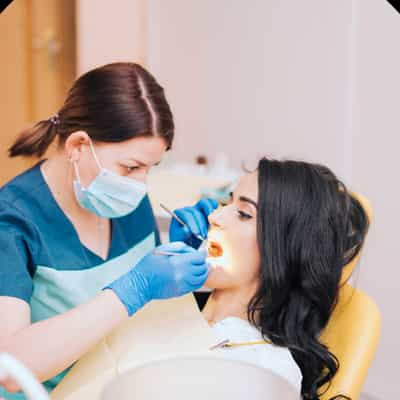

.png)
.png)
.png)
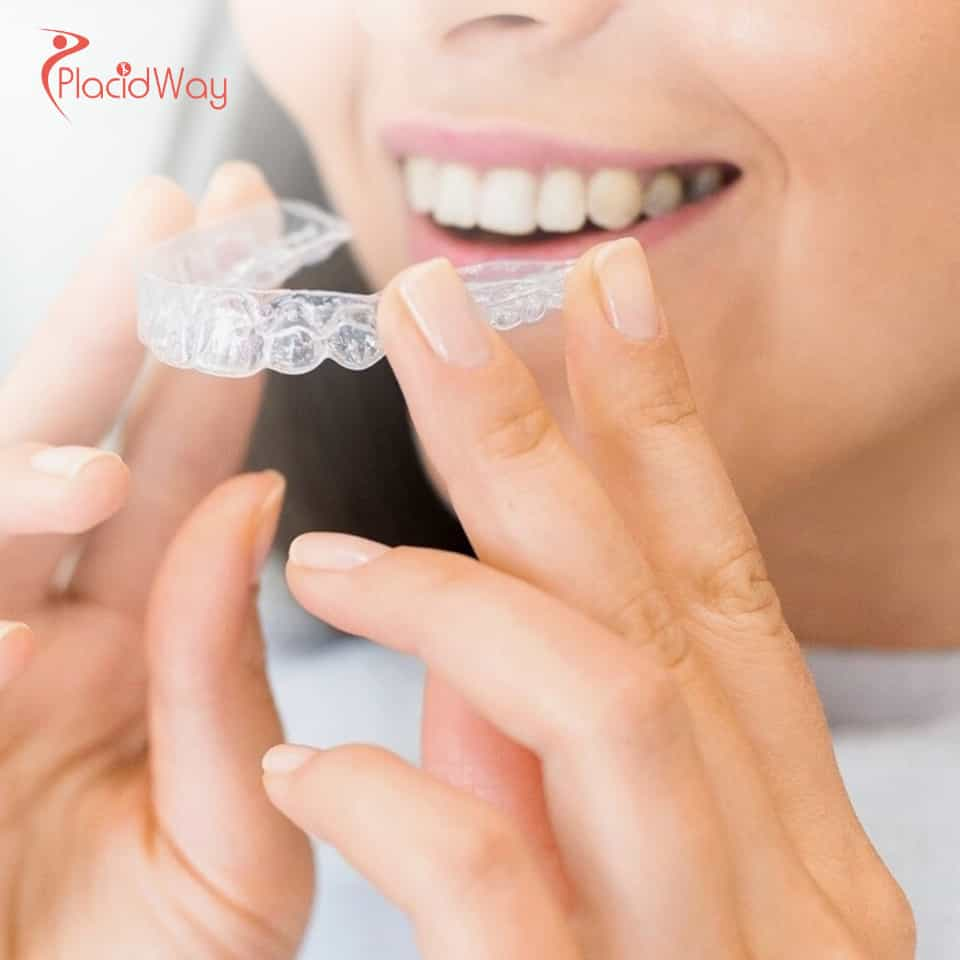

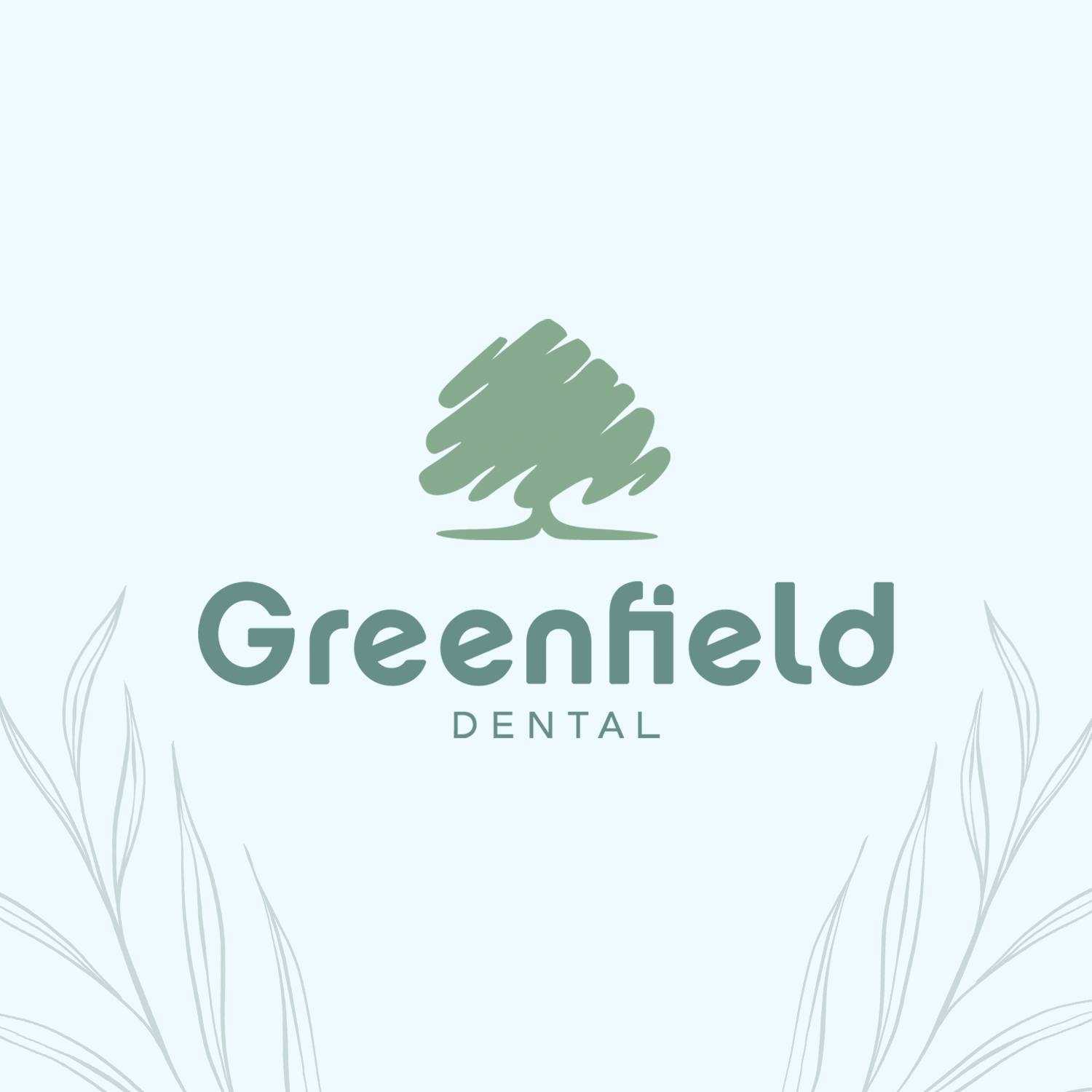
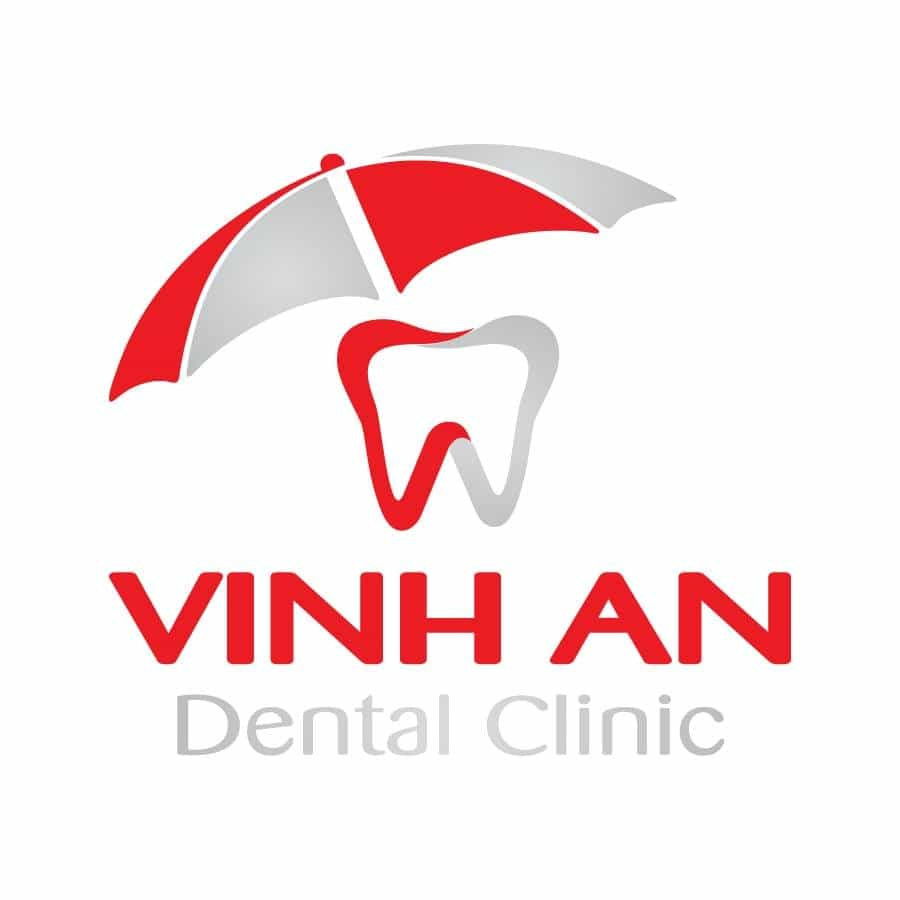
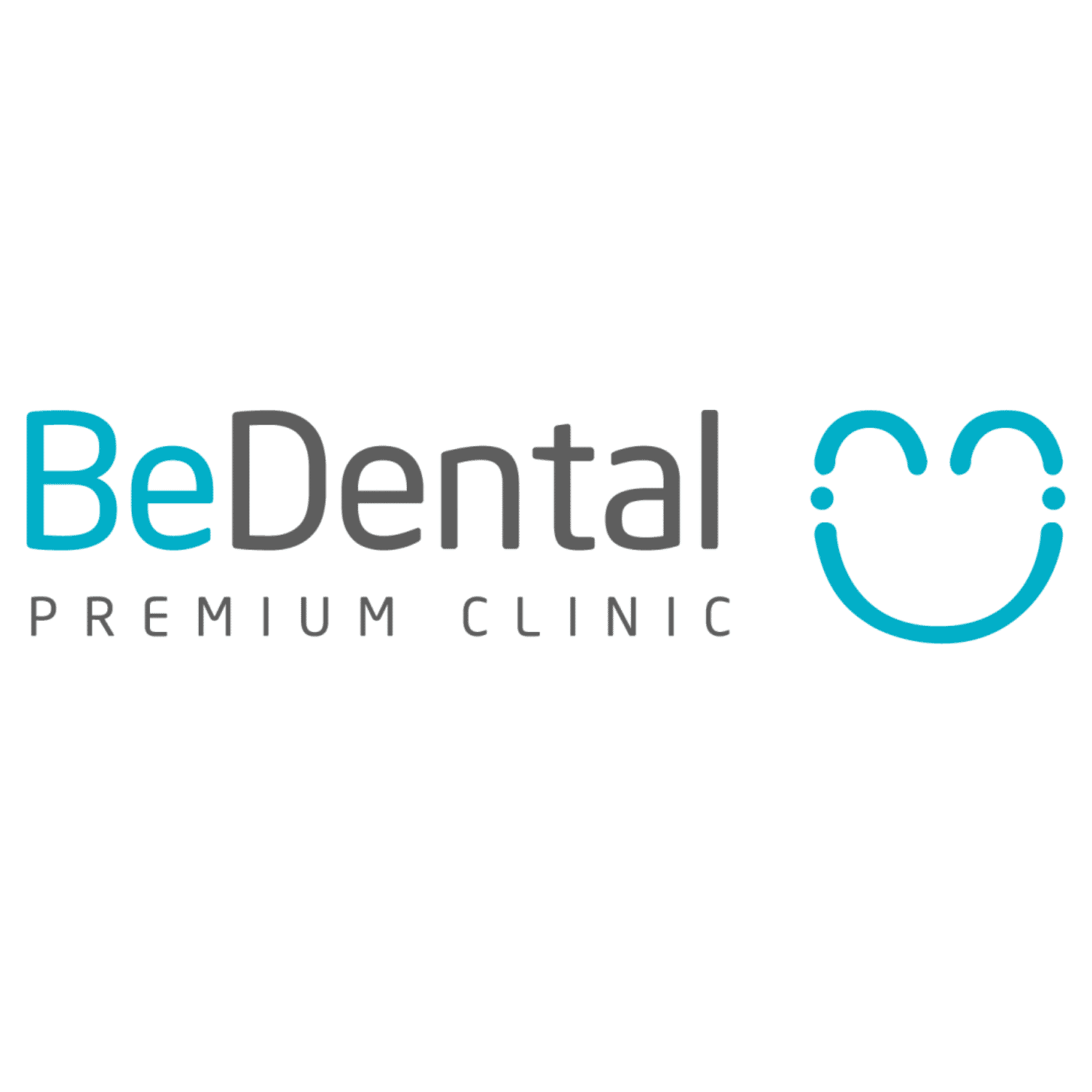
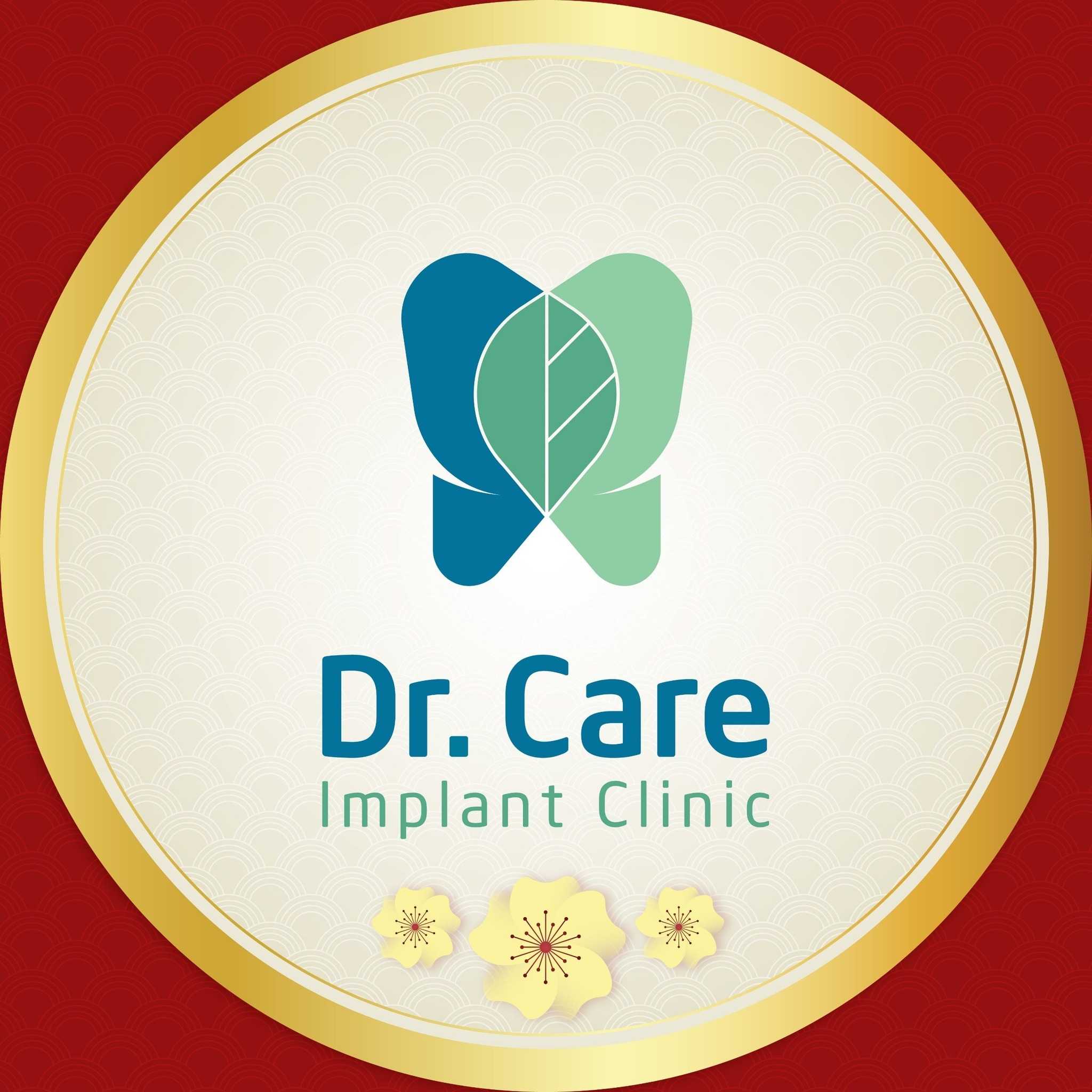
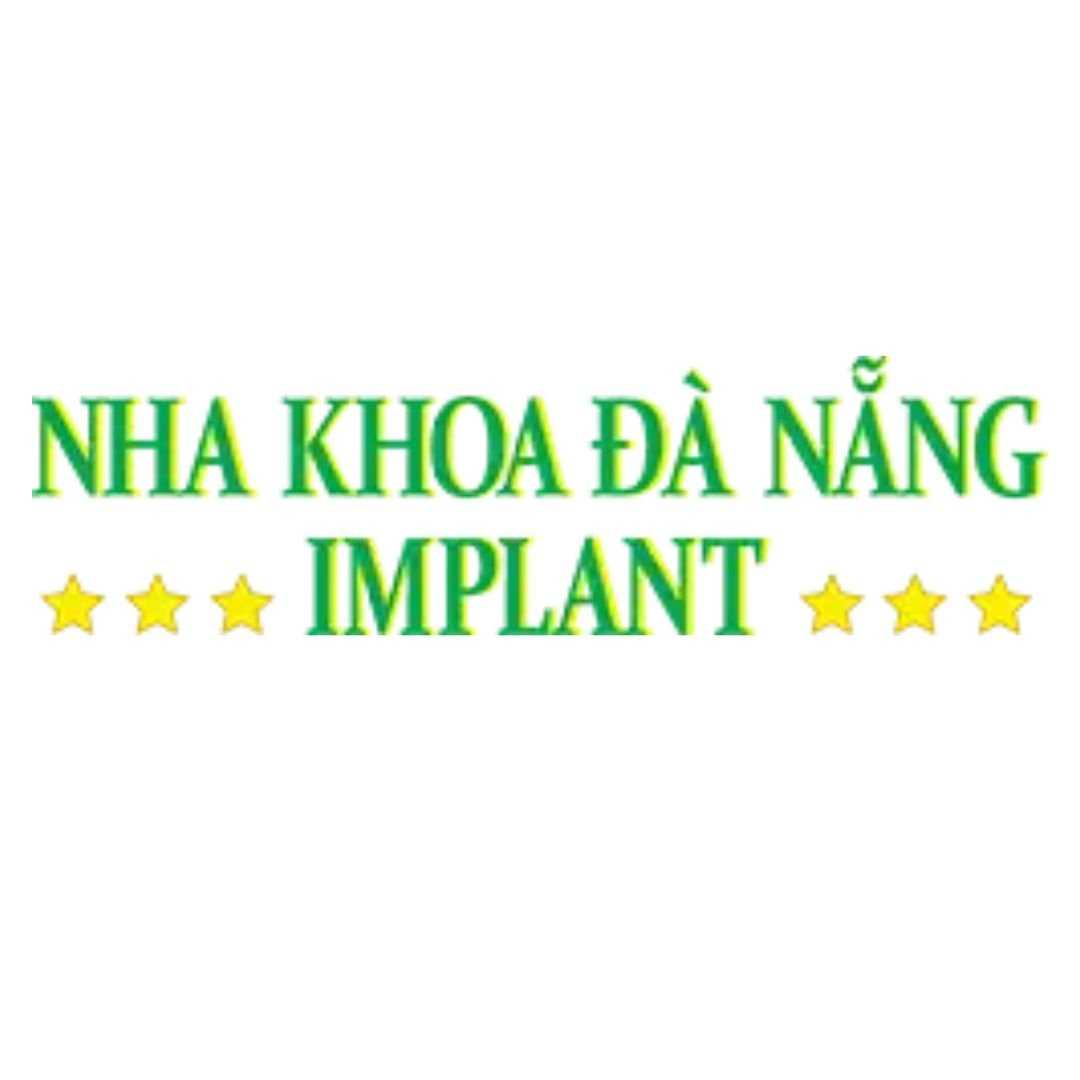

Share this listing